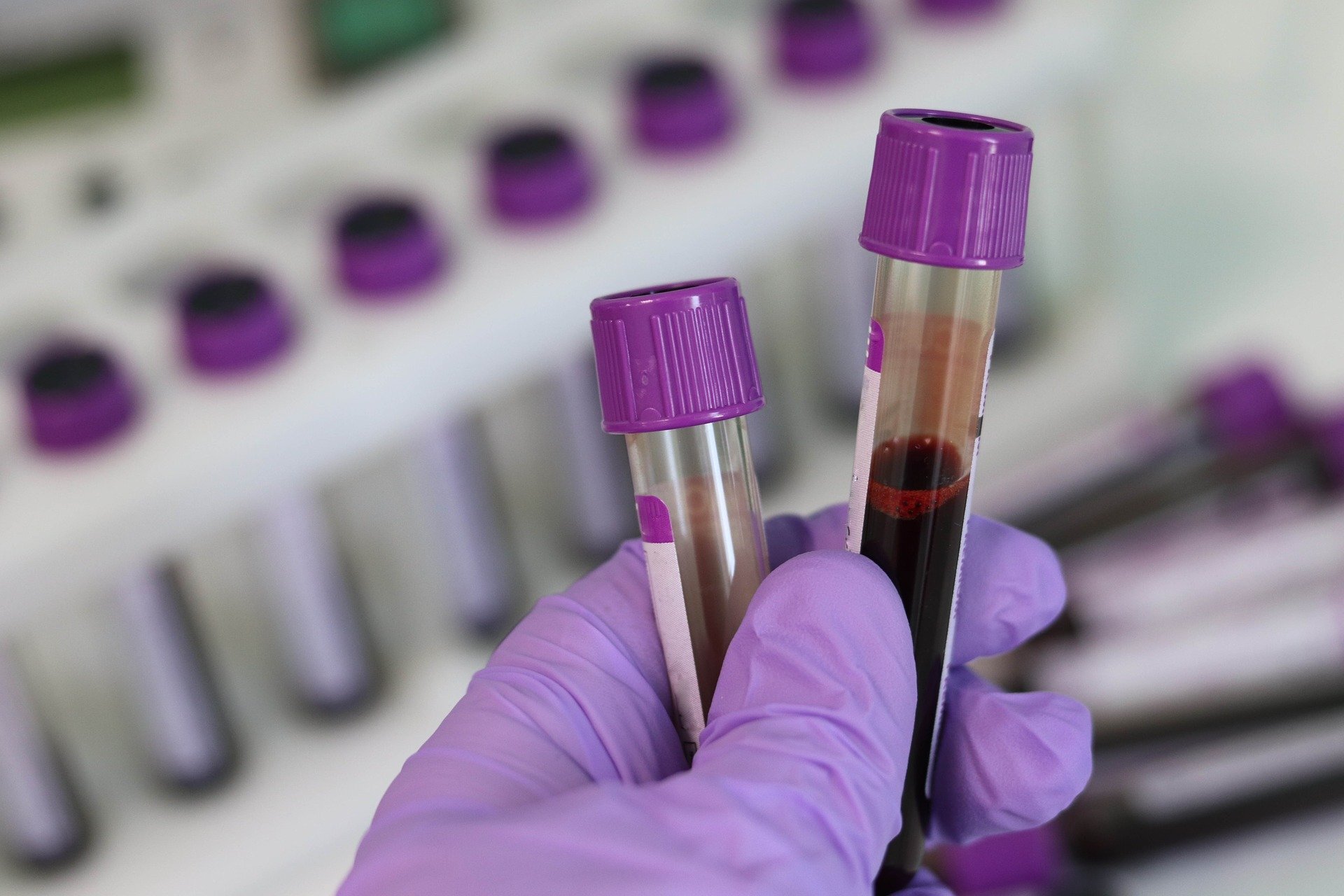Research on thousands of proteins measured from a drop of blood demonstrates the ability of proteins to predict the onset of many diverse diseases.
The protein data is linked to the participants’ electronic health records. The authors used advanced analytical techniques to pinpoint, for each disease, a ‘signature’ of between the five and 20 proteins most important for prediction.
The researchers report the ability of protein ‘signatures’ to predict the onset of 67 diseases including multiple myeloma, non-Hodgkin lymphoma, motor neuron disease, pulmonary fibrosis, and dilated cardiomyopathy.
The protein prediction models out-performed models based on standard, clinically recorded information. Prediction based on blood cell counts, cholesterol, kidney function and diabetes tests (glycated hemoglobin) performed less well than the protein prediction models for most examples.
“We are therefore extremely excited about the opportunities that our protein signatures may have for earlier detection and ultimately improved prognosis for many diseases, including severe conditions such as multiple myeloma and idiopathic pulmonary fibrosis. We identified so many promising examples, the next step is to select high priority diseases and evaluate their proteomic prediction in a clinical setting.”
Proteomic signatures improve risk prediction for common and rare diseases


